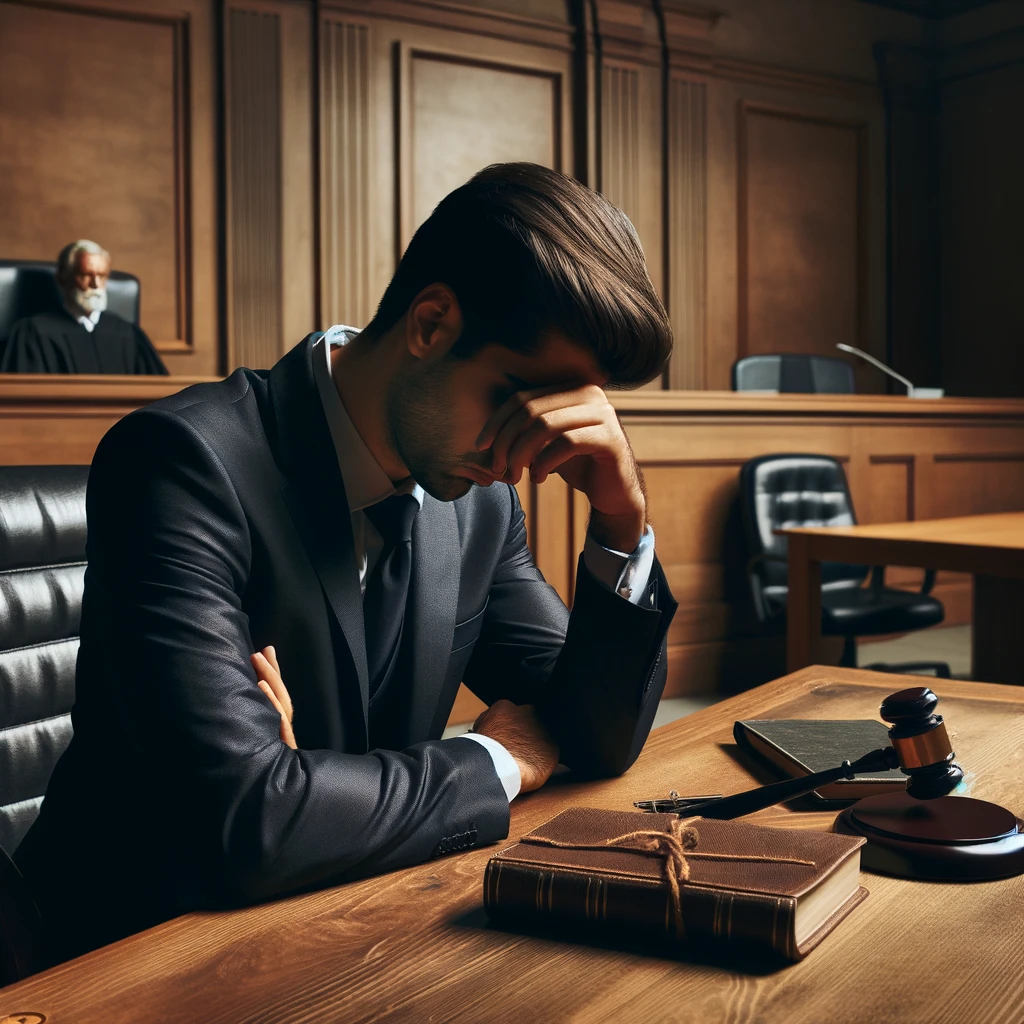In the complex tapestry of legal procedures, understanding the nuances of evidence law is crucial for both legal professionals and the general public. Among the myriad rules that govern what evidence can be presented in court, Washington Rule of Evidence 501 (ER 501) stands out as a key provision regulating the concept of privilege. This article aims to demystify ER 501, offering insights into its implications, scope, and real-world applications, optimized for both search engine optimization (SEO) and readability.
What is Washington Rule of Evidence 501?
Washington Rule of Evidence 501 is a provision within the legal framework of Washington State that deals with the principles of privilege in legal proceedings. Privilege, in the context of law, refers to the right to withhold evidence or prevent evidence from being disclosed in court under specific circumstances. This can include communications between attorneys and their clients, confidential information shared with a psychologist, and other situations where privacy is legally protected.
Scope and Implications of ER 501
The scope of ER 501 is broad, covering various types of privileges such as attorney-client privilege, doctor-patient privilege, spousal privilege, and clergy-penitent privilege, among others. The rule is designed to protect the confidentiality of certain relationships, encouraging open and honest communication between parties by ensuring that sensitive information disclosed within these relationships cannot be easily brought into court proceedings.
One of the key aspects of ER 501 is its flexibility. Unlike other evidence rules that are more rigid, ER 501 allows courts some discretion in determining whether a privilege applies in specific cases. This flexibility is crucial because it enables the legal system to adapt to the complexities and nuances of individual situations.
Real-World Applications
In practice, ER 501 plays a critical role in both civil and criminal cases. For instance, in a criminal case, the attorney-client privilege component of ER 501 ensures that a defendant can openly discuss their case with their lawyer without fear of those conversations being used against them in court. Similarly, in civil cases, such as divorce proceedings, spousal privilege can protect spouses from being compelled to testify against each other about private communications.
Challenges and Considerations
While ER 501 provides essential protections, it also poses challenges. Determining whether a particular communication is privileged requires careful consideration of the context in which it was made, the relationship between the parties involved, and the purpose of the communication. Courts must balance the need to protect privileged communications against the need to ensure justice is served, which can sometimes lead to difficult decisions.
Conclusion
Washington Rule of Evidence 501 is a cornerstone of the state’s legal system, safeguarding the confidentiality of certain communications and ensuring that individuals can engage in open, honest dialogues with professionals like attorneys, doctors, and clergy without fear of repercussions in legal proceedings. While the application of ER 501 can be complex, its role in protecting individual rights and the integrity of legal relationships is undeniable. As legal landscapes evolve, so too will the interpretations and applications of ER 501, reflecting the ongoing balance between privacy and justice in Washington State’s legal system.
Review our client resources here
Contact us anytime for your urgent legal needs.
About Blanford Law:
We are no-nonsense, relentless, fair, and honest. We are great listeners instead of fast talkers, that is just who we are. More than 20 years ago, Ken began practicing law with a deeply-seeded belief that every person has the right to the best legal representation available. He built his law firm on that belief. Another belief that he strongly adheres to is his fundamental belief that clients deserve respect, with no assumptions or preconceived notions. If you or someone you know is accused of a crime or injured as a result of the negligence of another, please have them call us at 253-720-9304 or email us info@blanfordlaw.com

